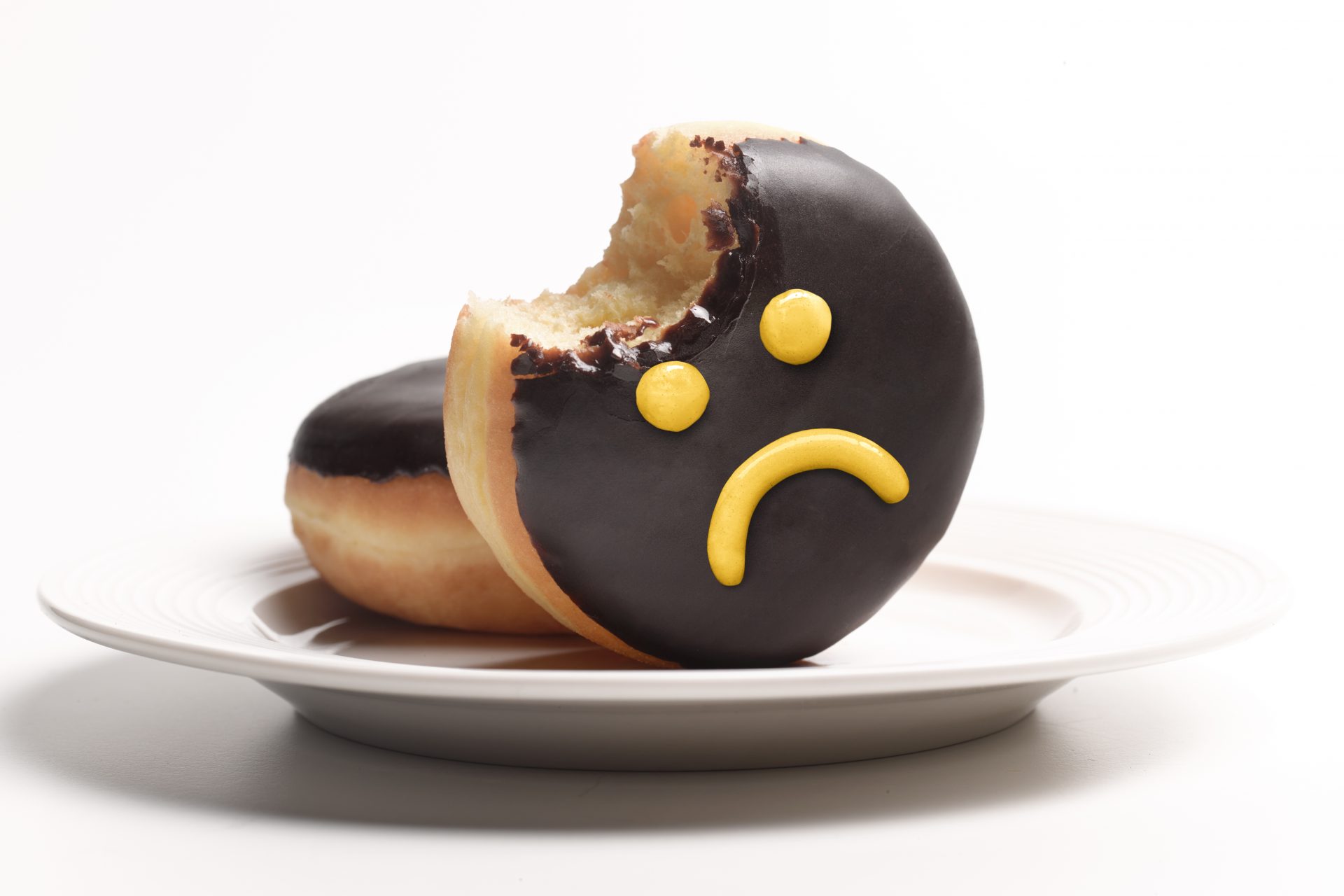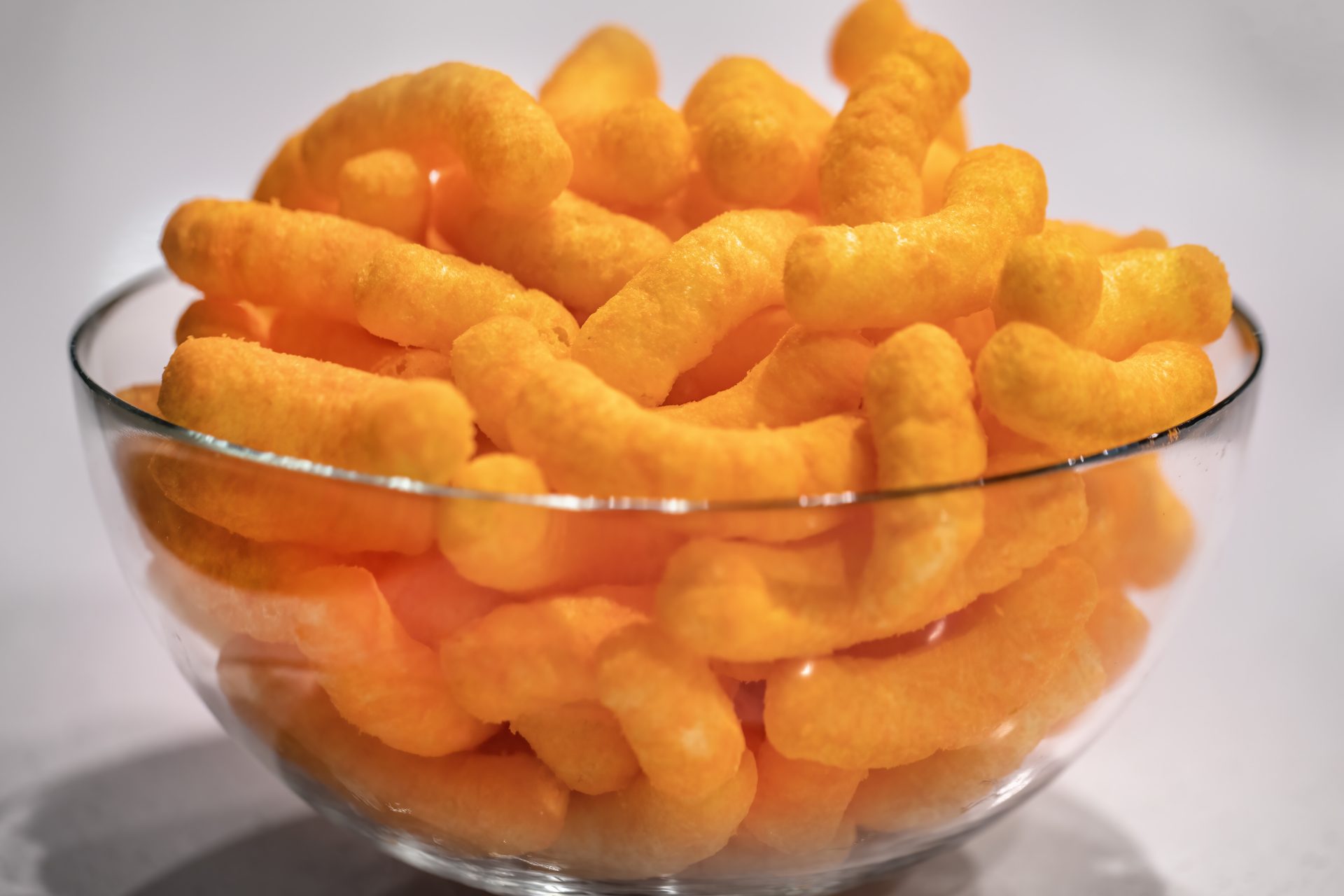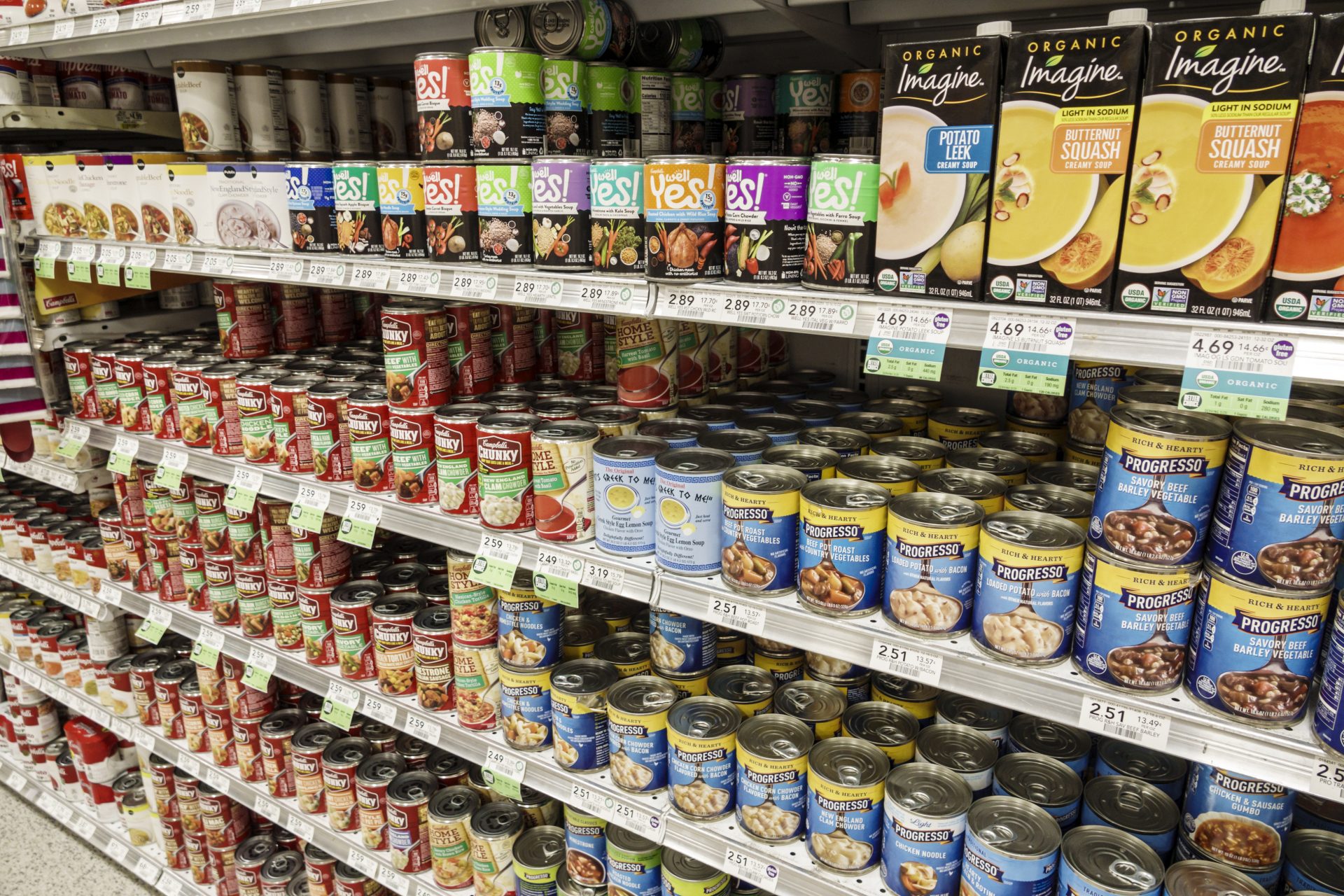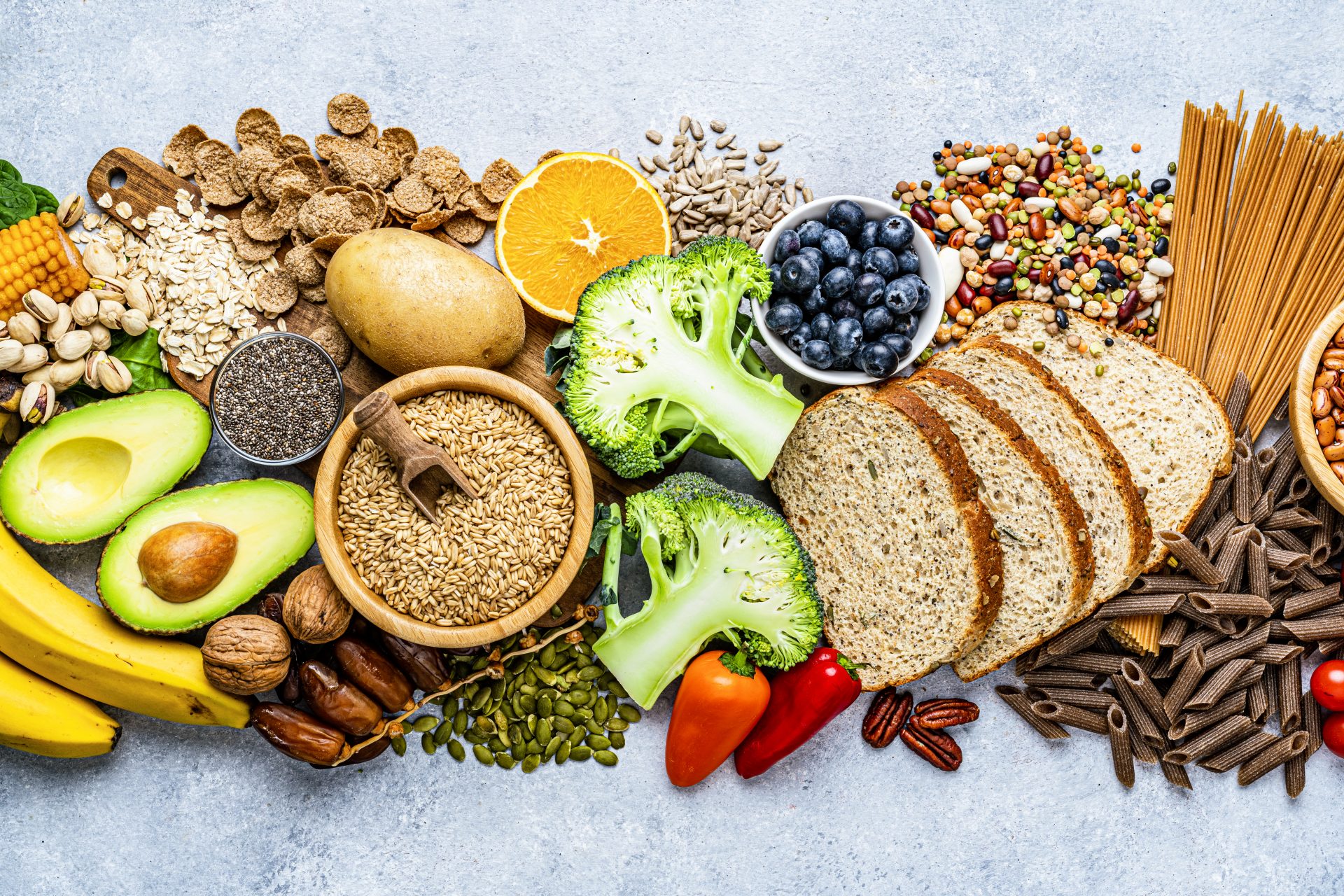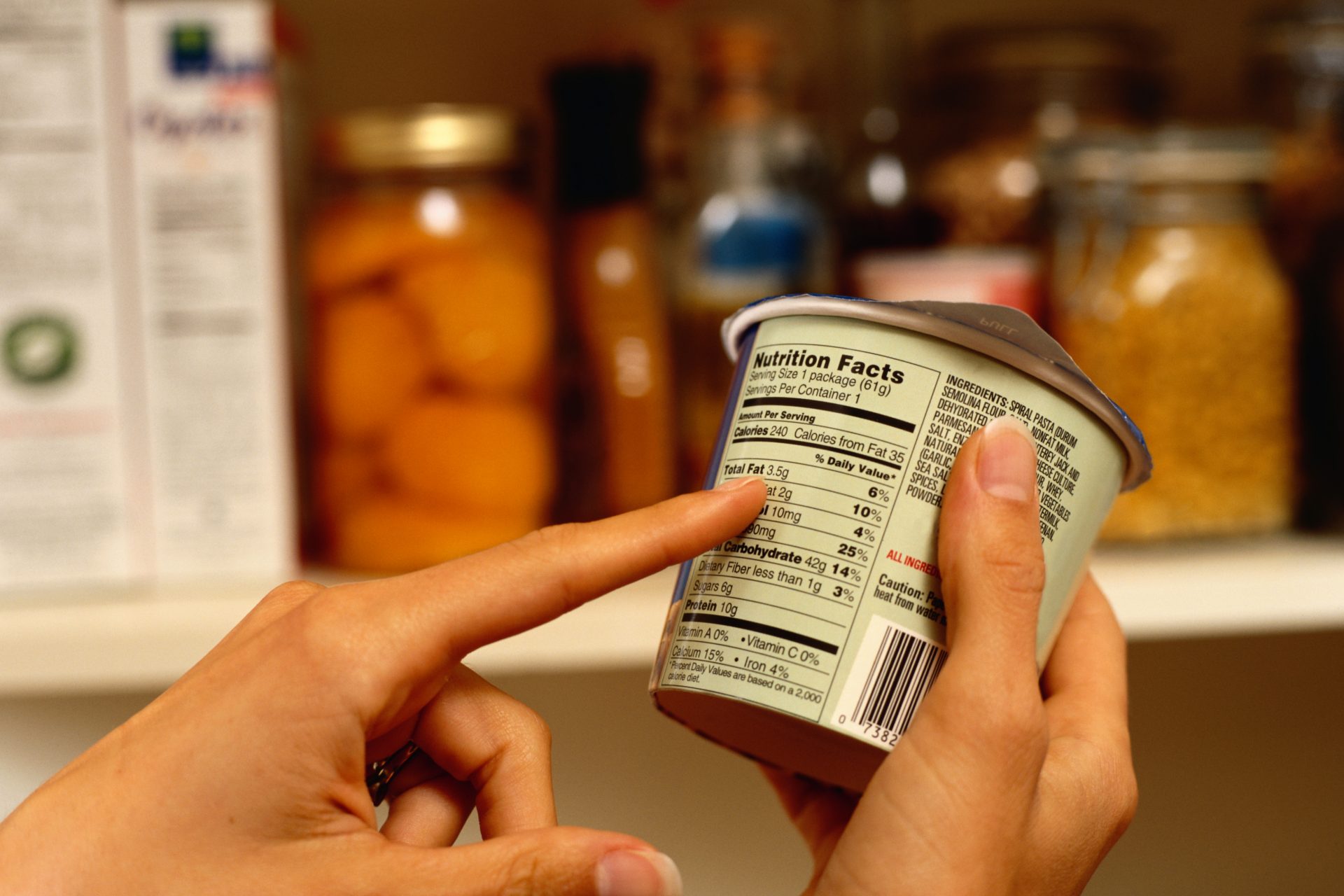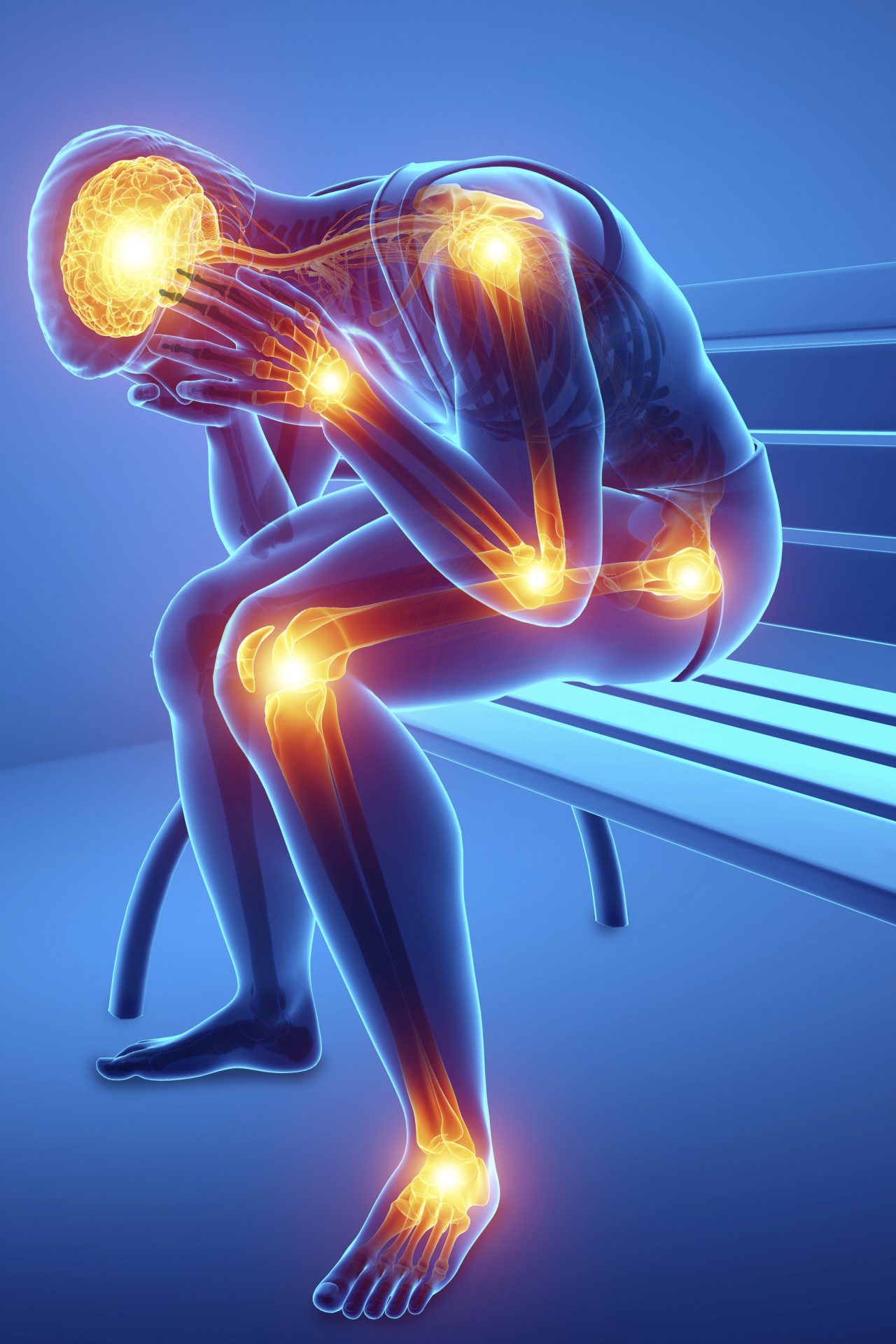Ultra-processed foods are damaging your mind
"You are what you eat," goes the old saying, and while it may not be totally accurate, the kind of foods we choose to put into our bodies is important, and science continuously shows us this. Recently, a study released in the Journal of Affective Disorders on August 15, 2023, came to some startling conclusions about ultra-processed foods.
The study's title says it all: 'High ultra-processed food consumption is associated with elevated psychological distress as an indicator of depression in adults from the Melbourne Collaborative Cohort Study.' That's right, chowing down on prepared and junk food on a regular basis isn't just bad for your waistline; it is also bad for your brain.
According to a piece on the subject NPR, the average American adult's diet is made up of 60% ultra-processed foods, and when it comes to kids, it is even scarier with 70% -yikes! So what are ultra-processed foods, and why are they bad for our mental health?
Defining what is and isn't ultra-processed food can sometimes be tricky. However, one doctor, Dr Amy Shah, an expert on nutrition, simplified it in an interview on the Mel Robbins Podcast.
Dr Shah said that any food you cannot make in your kitchen, with the same ingredients as listed on the package, it should be considered ultra-processed.
These foods dominate the American food supply, occupying the most space on grocery store shelves. If Dr Shah's definition isn't clear enough for you, NPR says that "everything from cookies and sodas to jarred sauces, cereals, packaged breads and frozen meals, even ice creams," are all in the ultra-processed category.
Furthermore, as reported by The New York Times, Brazilian researchers attempted to make it even easier to categorize how processed foods are in 2009.
Researchers at Sao Paulo University in Brazil created a four-point scale ranging from unprocessed such as fruits, vegetables, and whole grains to minimally processed such as flour, white rice, etc.
Next, they defined processed foods like butter, oils, sugar, dairy products, canned foods, and smoked fish and meat.
Finally, they defined ultra-processed foods as those that contain chemical additives, artificial flavours, protein isolates, hydrogenated oils, high-fructose corn syrup, and preservatives.
Now that we understand what ultra-processed foods are let's delve into why these foods are detrimental to our mental health. Researchers' conclusion about the effect of ultra-processed food on mental health from the study mentioned above, published in August 2023, is undoubtedly startling.
The paper's authors wrote: "Higher ultra-processed food intake at baseline was associated with subsequent elevated psychological distress as an indicator of depression at follow-up."
The Australian researchers found that participants consuming ultra-processed foods were 23% more likely to be depressed.
But this is far from being the first study done on the subject. A 2022 study published in the National Library of Medicine looked at the food consumption of more than 10,000 American adults.
Researchers concluded that "Individuals reporting higher intakes of UPF (ultra-processed foods) were significantly more likely to report mild depression, more mentally unhealthy and more anxious days and less likely to report zero mentally unhealthy or anxious days."
Even scarier, according to The New York Times, another study was conducted in Brazil in 2022 on 11,000 adults in the country over ten years, and the researchers found "a correlation between eating ultra-processed foods and worse cognitive function (the ability to learn, remember, reason and solve problems)."
Natalia Gomes Goncalves, the lead author of the study, told the NYT, "While we have a natural decline in these abilities with age, we saw that this decline accelerated by 28 percent in people who consume more than 20 percent of their calories from UPFs."
Ultra-processed foods tend to have higher calories, salt, sugar and fat and are low in fibre. But what is it about them that is making us depressed and apparently also dumber? Do we just physically feel bad after eating these foods, and therefore our mental state worsens?
The truth is that at this time, researchers still aren't 100% sure what is causing the link between ultra-processed foods and poor mental health. However, they have a few hypotheses.
Dr Melissa Lane, from Deakin University's Food and Mood Centre, the lead author in the 2023 Australian study mentioned in the first slides of this gallery, told the Sydney Harold one reason may be "that we don't know the possible combined effects of multiple additives," in the food we are consuming.
Inflammation is another factor as well. Dr Rebecca Reynolds, a nutritionist and adjunct lecturer at the University of New South Wales, told the Sydney Harold many physicians consider depression to be an inflammatory disease and a nutrient-deficient diet is known to cause both inflammation and oxidative stress.
Furthermore, Dr Rynolds told the Australian newspaper that these prepacked foods could be affecting our gut bacteria for the worse, saying,
"On top of potential negative nutritive aspects of UPFs (ultra-processed foods), there are possible compounds produced during food processing – such as AGEs (advanced glycation end products) and artificial additives (e.g., saccharin and MSG) – that may affect brain neurotransmitter functioning."
Unfortunately, there is no clear answer yet, but we must also consider that eating healthy isn't always easy, and when we are stressed or struggling, these ultra-processed foods tend to be our go-to options.
Dr Frank Hu, a professor of nutrition and epidemiology at the Harvard T.H. Chan School of Public Health, told the New York Times, "When you get stressed, anxious or depressed, you tend to eat more unhealthy foods, in particular ultra-processed foods that are high in sugar, fat and chemical additives."
So, the best defence is probably not very fun but effective. Menu-plan and batch cook and keep as many healthy, unprocessed foods ready to eat and on hand as possible. Then, on those bad days, you can at least try to convince yourself to make healthier choices that will help your brain feel happier.
More for you
Top Stories




